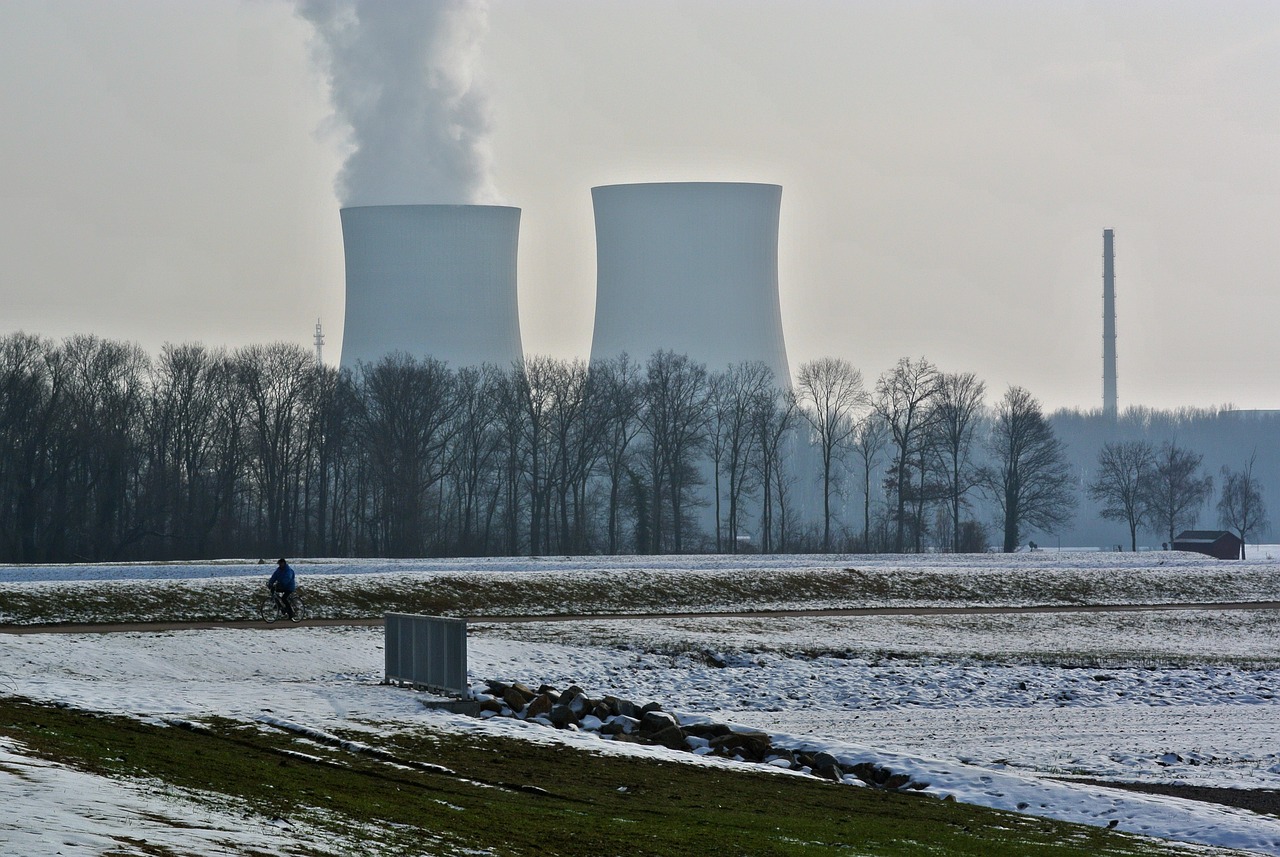News
China-Pakistan Nuclear Power Cooperation Has Made a Major Breakthrough
China and Pakistan signed a US$34 billion investment agreement to build large-scale nuclear power plants, subways and light rail stations. According to reports, this is another breakthrough in China’s nuclear power “going out” strategy after Chinese Premier Li Keqiang promoted the overseas expansion of nuclear power.Stimulated by this bullish trend, China's nuclear power concept stocks generally rose yesterday (26th), and continued to rise after the market opened in the afternoon, with individual stocks soaring across the board. As of the close, Jiangsu Shentong's shares reached the daily limit, while Shanghai Electric and CNNC Technology rose respectively.
It is reported that Pakistan was the first country to cooperate with China in the construction of nuclear power plants. In June 2000, Pakistan’s Chashma Nuclear Power Plant, undertaken by CNNC, began generating electricity. The second phase of the Chashma Nuclear Power Plant project also celebrated the 60th anniversary of the establishment of diplomatic relations between China and Pakistan. It was completed and power generation started in 2011.
In addition, the Karachi project in Pakistan is currently another important overseas target of CNNC. The project cost is 9.59 billion yuan and is expected to be completed within 6 years.
In addition to the Pakistan project, the British Hinkley Point nuclear power project jointly participated by China General Nuclear Power Group and CNNC is also expected to achieve important breakthroughs in the near future. According to Song Xudan, CEO of EDF China Holdings, the project is expected to complete the signing of the main contract within one quarter. The details are currently being studied with the British government and the specific signing is expected soon.
Reports pointed out that Li Keqiang once again stated in his speech at the 2015 Winter Davos Forum last week that he would innovate cooperation methods for foreign investment and that China's advantageous industries such as high-speed rail, nuclear power, aviation, and telecommunications would "go global" to meet local market demand.
At the same time, the 2015 National Energy Work Conference held recently in China also listed "safe development of nuclear power" as the focus of this year's energy work. With the official government actively promoting the "going out" strategy of nuclear power, China's demand for nuclear power is expected to continue to increase.

